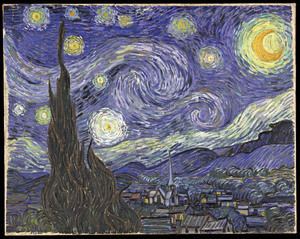Menopause is a natural process that is marked by the end of menstrual cycles for a period of 12 months or more. It is not an illness. In fact, every woman in her thirties or forties will naturally undergo a shift in their hormone balance. This will leave many women wondering if what they are experiencing is really the first symptoms of menopause. There are several reasons for the early onset of menopause.
Women often demand too much of their bodies. Stress from work, family, relationships, and other responsibilities exists in many forms, all of which take a toll on the body.
A woman’s body usually does not get the support that it needs in order to function properly. This compiled with obesity, lack of exercise, poor nutrition, excess caffeine and alcohol only add to the problem.
Here are some of the most common first symptoms of menopause:
(1.) Irregular menstrual cycles
(2.) Light or heavy menstrual flow
(3.) Lumpy or tender breasts
(4.) Fibroid tumors
(5.) Endometriosis (symptoms include: painful menstrual periods, abnormal menstrual bleeding and pain during or after sexual intercourse)
(6.) Mood swings
(7.) Water retention and bloating
(8.) Sleep problems
(9.) Foggy or fuzzy thinking and memory lapses
(10.) Anxiety and depression
(11.) Inability to handle stress
(13.) Hot flashes and night sweats
(14.) Vaginal dryness
(15.) Weight gain
There are also hormones, the menstrual cycle and hormone production in the body that all must be taken into consideration. In a healthy woman’s normal menstrual cycle, estrogen is the dominant hormone that is produced for the first 10 to 12 days following the previous menstrual flow. Ovulation then signals the female body to produce progesterone, for the next 12 days. If there is no pregnancy, progesterone and estrogen levels drop at day 28, allowing menstruation to begin. If there is no ovulation, progesterone is not produced by the body that month. This is called an “annovulatory cycle” and it is typical for women in their thirties and forties. It leaves the woman with an excess of estrogen and a deficiency in progesterone. This leads to hormone imbalance, which results in the early symptoms of menopause. Of course, excess estrogen is regularly obtained from other sources such as birth control pills, household chemicals and pesticides, certain foods that have been sprayed or given chemicals and many construction materials that are used in homes.
The hormone imbalance of excess estrogen in the body is called “estrogen dominance.” Symptoms include: low sex drive, bloating and weight gain, headaches before the menstrual cycle begins, mood swings, irregular periods and excessive menstrual bleeding. Whenever your estrogen amount becomes unbalanced, you will experience early menopause symptoms. However, if your hormones are balanced, you will feel more alert, energetic and ready to take on the challenges of life.



